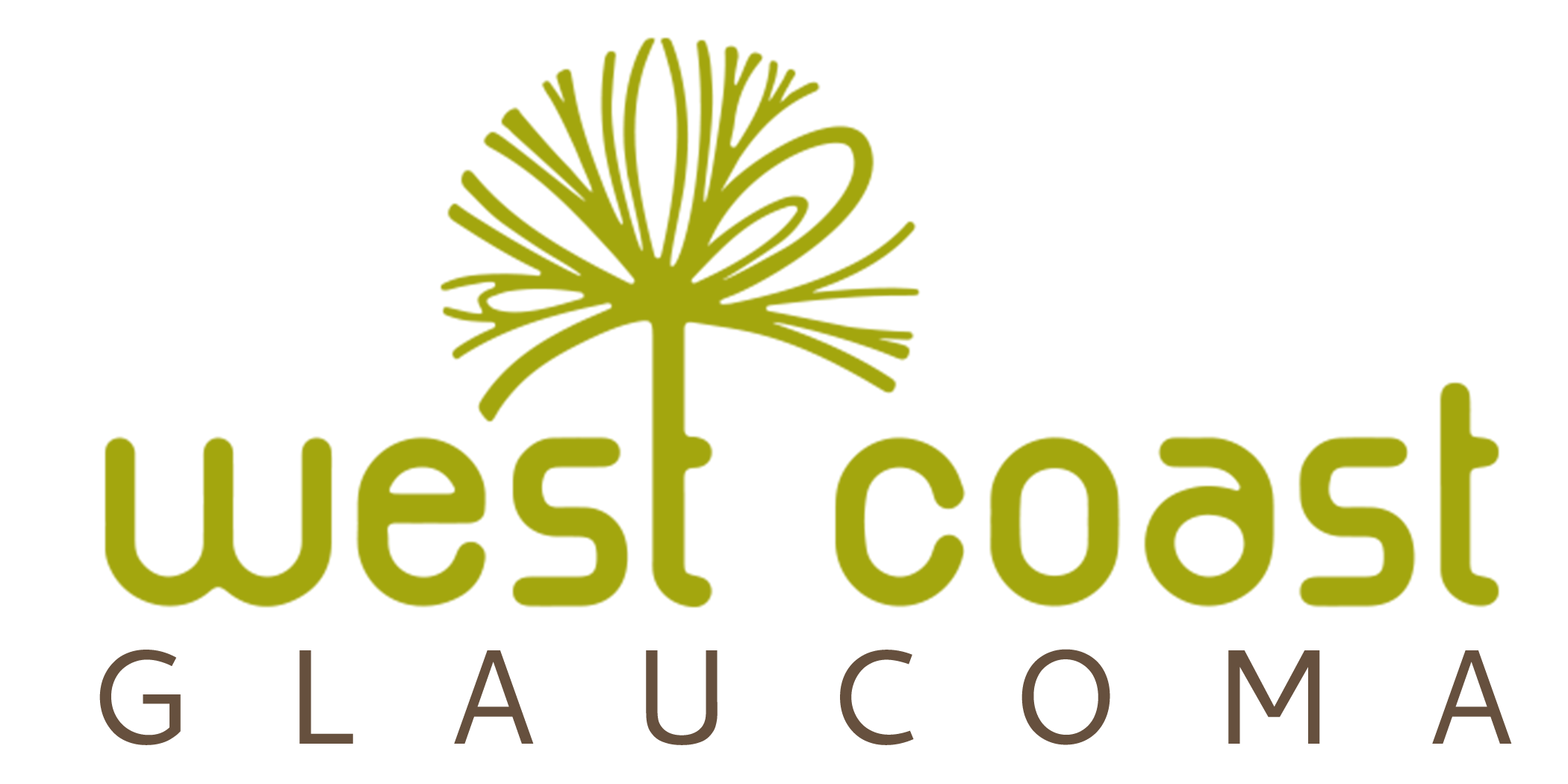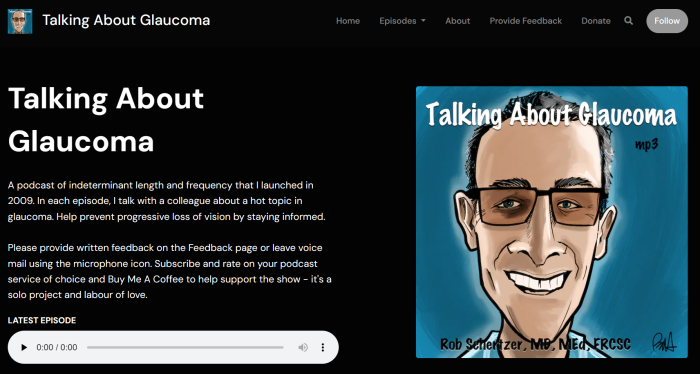Laser skin resurfacing is a relatively new laser procedure used to improve the appearance of the skin. With great control and precision, the laser removes the sun-damaged superficial layers of the skin in order to treat wrinkles, superficial scarring, or facial pigment abnormalities. When the skin heals, the new skin layers are tighter and the wrinkles are less apparent.
The laser can be used to treat the entire face or can be limited to the fine wrinkles around the eyes and mouth. Aging, cigarette smoking, and a lifetime of sun exposure are some of the factors associated with wrinkles. Laser skin resurfacing can be used in conjunction with a face-lift procedure in order to tighten and reposition loose skin on the face and neck and diminish fine wrinkles. Younger patients who are not yet candidates for a face-lift may be candidates for the laser procedure.
Laser resurfacing can be done as an outpatient procedure using local anesthesia. If the entire face is treated or if this procedure is combined with other cosmetic procedures, intravenous sedation or a general anesthetic might be necessary. The procedure can last from a few minutes to two hours depending on the treatment area.
After surgery, the treated skin must heal, much like any wound that removes skin. There is significant swelling of the treated skin, especially around the eyes and lips. New skin layers take five to ten days to grow, depending on the depth of treatment with the laser.
Laser skin resurfacing has advantages over traditional resurfacing methods such as chemical peels and dermabrasion. Healing is generally quicker and there is less postoperative discomfort. While there is similar redness and swelling after surgery, there is less chance of scarring or skin pigment changes.
You will need a consultation with your physician to determine if you are a candidate for laser skin resurfacing in combination with other types of cosmetic surgery or as an alternative to other procedures. It is important to tell your doctor if you have had previous cold sore infections, are using the drug Accutane, or have any other conditions that might interfere with the normal healing process.
(c) 2007 The American Academy of Ophthalmology


